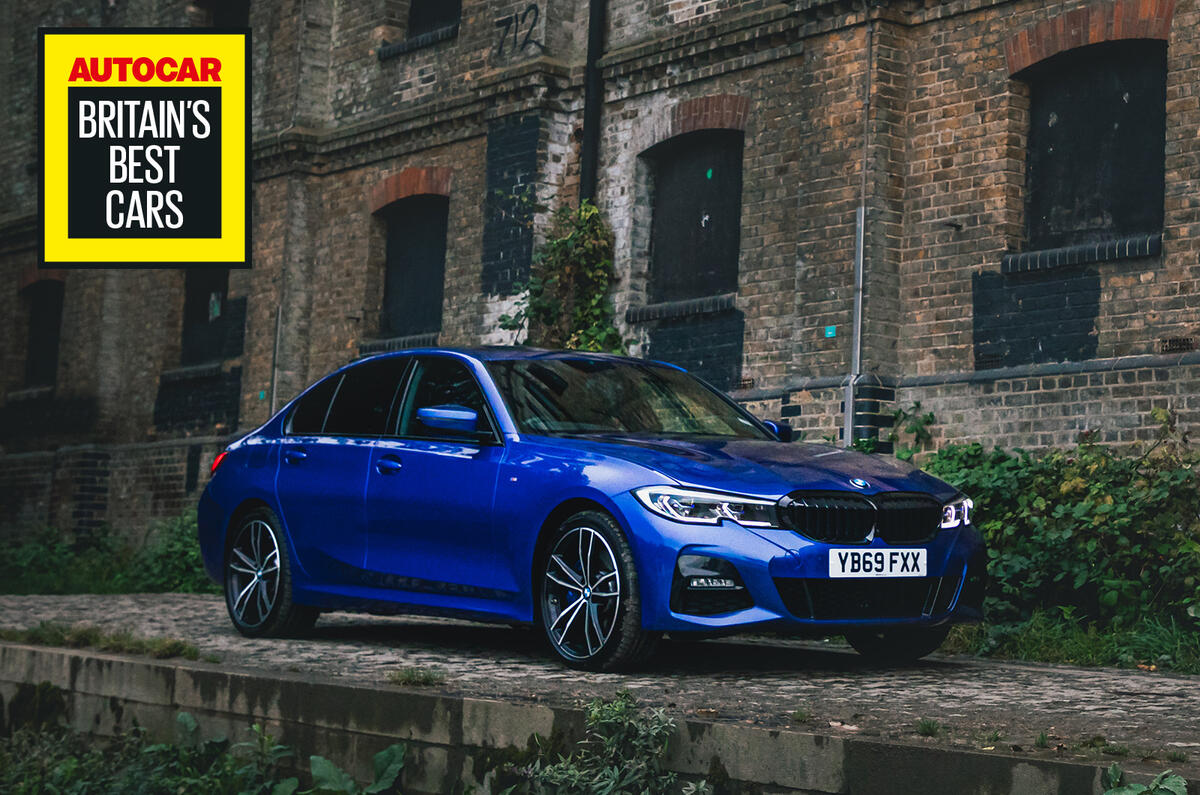Why the BMW 3 Series 330e won: Your bank manager will love it, but you will even more: the 330e is a car of quite extraordinary all-round abilities.
The 330e is just one of the winners in this year's Britain's Best Car Awards - see the full list here.
In April, there was a generational change in company car taxation designed to push drivers towards electric and plug-in hybrid models.
Benefit in kind (BIK) on electric cars was reduced all the way down to zero, and to between 2% and 12% on plug-in hybrids, depending on their electric-only range.
Electric cars generally remain unsuitable for many a company car driver covering a significant daily mileage typically due to charging speed and network reliability, so plug-in hybrids have quickly become the default choice for company car buyers to swap their diesel mile-eaters for. And none does it better than the BMW 330e.
The tax bill for someone running a 330e was cut by close to £1000 a year for a 40% taxpayer as a result of the new rules, moving down to a 10% BIK rate. Its 320d diesel stablemate, for so long a brilliantly well-rounded company car option itself (remaining so if, for some reason, you don’t like the prospect of a DIY pay rise), attracts a 27% BIK rate.
It’s a financial no-brainer, then, yet the 330e is not merely a car designed to save you money. It is a brilliant member of the 3 Series family and an interesting and highly capable car in its own right. The 330e’s trump card is just how well it disguises the complexity of its drivetrain compared with so many of its rivals.

Not only is the integration seamless, but the differing driving experiences offered by the various modes can also completely transform the driving experience from all-electric, whisper-quiet Tesla baiter one minute to rapid, near-300bhp performance saloon the next.










Join the debate
Add your comment
Sorry but
How can it be a great company car, when its being recalled because if you charge it it may catch fire, so eefectively its a very heavy, thirsty petrol powered lump that lugging around a load of extra weight and complexity, and costing considerably more to run than you claim because it cant run on electricty, and may not for the foreseeable future..